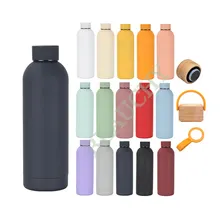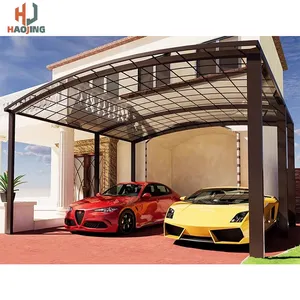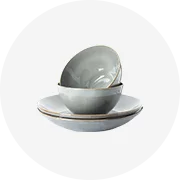Parking Canopy Design: An Overview
Parking canopy design is a specialized field within architectural and structural design that concentrates on creating covered parking spaces for vehicles. These structures are crafted to shield cars from the elements, enhance the visual appeal of parking areas, and offer a practical parking space for vehicle owners. They are particularly suitable for commercial establishments such as hotels, supermarkets, restaurants, and department stores, as well as for public locations like schools, hospitals, and office buildings that necessitate additional parking provisions.
The design of parking canopies takes into account various factors including the number of vehicles to be accommodated, available space, local weather conditions, and the requirement for supplementary lighting or signage. These canopies can be fabricated using diverse materials such as steel, aluminum alloy, wood, and various types of fabric or plastic materials. The selection of material often hinges on the intended purpose, budget, and site-specific needs.
Parking canopy design transcends mere roof construction; it involves a comprehensive analysis of the site's layout, traffic flow patterns, and available space. The underlying principles governing these structures entail a grasp of structural engineering, material science, and architectural design. By amalgamating these disciplines, designers can produce sturdy and visually appealing structures that serve a utilitarian function.
Varieties of Parking Canopy Design
Within the realm of parking canopies, a spectrum of designs exists, each tailored to specific applications and environments:
-
Carport Canopies: These structures, open-sided in nature, are designed to cover vehicles primarily for protection from the sun and rain. They are commonly sighted in residential settings or at businesses prioritizing ease of access over long-term protection.
-
Metal Canopies: Typically fashioned from steel or aluminum, these canopies boast durability and necessitate minimal upkeep. They are frequently utilized in commercial settings such as supermarkets or department stores where a robust solution is imperative.
-
Fabric Canopies: Constructed from materials like PVC or polyester, fabric canopies offer flexibility and can serve as an economical choice for covering extensive areas such as outdoor dining spaces.
-
Solar Canopies: By integrating photovoltaic panels into canopy design, these structures can harness sunlight to generate electricity. They are well-suited for environmentally conscious businesses or as an additional source of income through selling surplus power back to the grid.
-
Metallic Canopies: Comprising steel, aluminum, or other metals, these canopies provide a high level of durability and often exhibit a sleek appearance. They are prevalent in both commercial and residential settings where a more enduring solution is required.
Factors to Consider in Choosing Parking Canopy Design
Deliberating on the appropriate parking canopy design necessitates meticulous consideration of various factors to ensure alignment with the specific requirements of your business:
-
Material Durability: Assess the climatic conditions at the installation site of the canopy. For regions experiencing heavy snowfall or intense sunlight, materials like galvanized steel or UV-resistant polycarbonate may be more suitable due to their longevity.
-
Aesthetic Compatibility: The design should harmonize with the existing architecture and landscape. Contemplate whether a transparent or solid roof is preferred and how the frame material can be finished to blend with the building's exterior.
-
Functionality: Evaluate the necessity of additional features like lighting or security elements. Lighting can enhance safety by illuminating walkways or providing visibility after dark, while security features such as lockable doors offer protection against theft.
-
Space Availability: Consider the dimensions and layout of the area designated for the canopy installation. Ensure ample space for the structure without obstructing access or encroaching on neighboring properties.
-
Installation Requirements: Certain designs may entail complexity and mandate professional installation. It is imperative to factor in the associated costs and timeframe for installation when selecting a canopy.
Businesses should also factor in their clientele's preferences when choosing a parking canopy design. For instance, hotels may lean towards luxurious options featuring upscale materials and modern attributes, whereas supermarkets might prioritize cost-effectiveness and ease of maintenance.






































 浙公网安备 33010002000092号
浙公网安备 33010002000092号 浙B2-20120091-4
浙B2-20120091-4